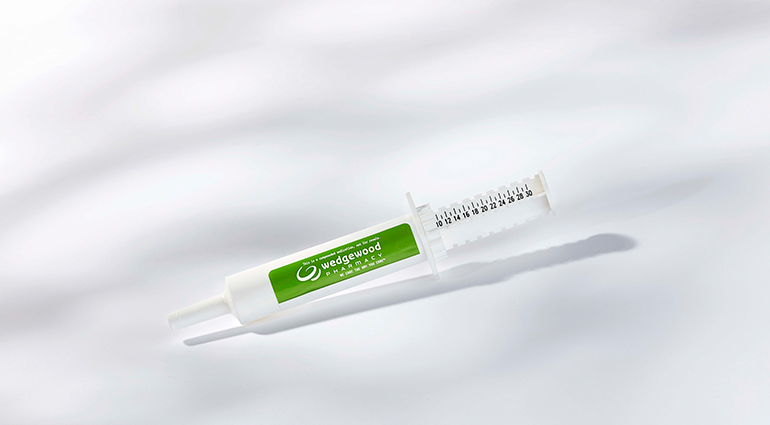مقدمة:
تعتبر الجمال جزءًا مهمًا من التراث الثقافي والاقتصادي في العالم العربي. إنها ليست فقط وسيلة للنقل والتجارة والترفيه، بل هي أيضًا جزء لا يتجزأ من الثقافة العربية. يعتمد العديد من الأشخاص في المناطق الصحراوية على الجمال كوسيلة للعيش، سواء كوسيلة لنقل البضائع أو لمشاركة في الرياضات التقليدية.
للحفاظ على صحة وسلامة هذه الحيوانات القيمة، يلزم استخدام الأدوية البيطرية المناسبة. في هذه المقالة، سنلقي نظرة عامة على الأدوية البيطرية للجمال في العالم العربي.
أهمية الرعاية البيطرية للجمال:
الجمال تعتبر واحدة من أهم الحيوانات المنزلية في العالم العربي، وهي تستخدم في العديد من الأغراض. لهذا السبب، يجب الاعتناء بها بعناية وتوفير الرعاية البيطرية اللازمة. من المهم فهم أن الجمال عرضة للإصابة بالأمراض والمشاكل الصحية مثل أي حيوان آخر.
الأدوية البيطرية للجمال:
هناك العديد من الأدوية البيطرية المتاحة للجمال في العالم العربي. تختلف هذه الأدوية حسب الحالة الصحية واحتياجات الجمل. إليك بعض الأدوية الشائعة التي يمكن استخدامها:
- مضادات الطفيليات: يمكن أن تصاب الجمال بالطفيليات الداخلية والخارجية، وتشمل هذه الطفيليات الديدان والقراد والبراغيث. يجب استخدام مضادات الطفيليات بانتظام لمنع الإصابة وعلاجها.
- اللقاحات: توفر اللقاحات الوقاية من الأمراض المعدية مثل الجمبسوت والكمد والإيدز الجملي. يجب تلقيح الجمال في الأوقات المناسبة وفقًا للجداول البيطرية.
- الأدوية المضادة للالتهابات: يُمكن استخدام الأدوية المضادة للالتهابات لعلاج الإصابات والأمراض التي تسبب التورم والتهيج.
- الأدوية المضادة للجراثيم: تستخدم لمكافحة العدوى البكتيرية والفيروسية.
- الأدوية المضادة للألم: يمكن استخدامها لتخفيف الألم في حالات الإصابة أو الجراحة.
- المكملات الغذائية: توفر المكملات الغذائية اللازمة للجمال لضمان تغذيتها الصحية والمتوازنة.
توجيهات هامة:
- استشارة الطبيب البيطري: من المهم دائمًا استشارة الطبيب البيطري قبل استخدام أي دواء بيطري. يمكنه تقديم التوجيه الصحيح بناءً على حالة الجمل واحتياجاتها الفردية.
- الجرعات الصحيحة: يجب اتباع الجرعات المحددة بدقة وفقًا لتوصيات الطبيب البيطري.
- الرعاية الوقائية: بالإضافة إلى استخدام الأدوية، يجب توفير بيئة نظيفة وصحية للجمال وتوفير التغذية الجيدة والمياه النظيفة.
الختام:
إن الرعاية البيطرية الجيدة تلعب دورًا حاسمًا في الحفاظ على صحة الجمال وضمان قدرتها على أداء وظائفها بشكل فعال. يجب على أصحاب الجمال ومربيهم العناية بصحتهم بعناية والتعامل معهم بعناية لضمان استد









